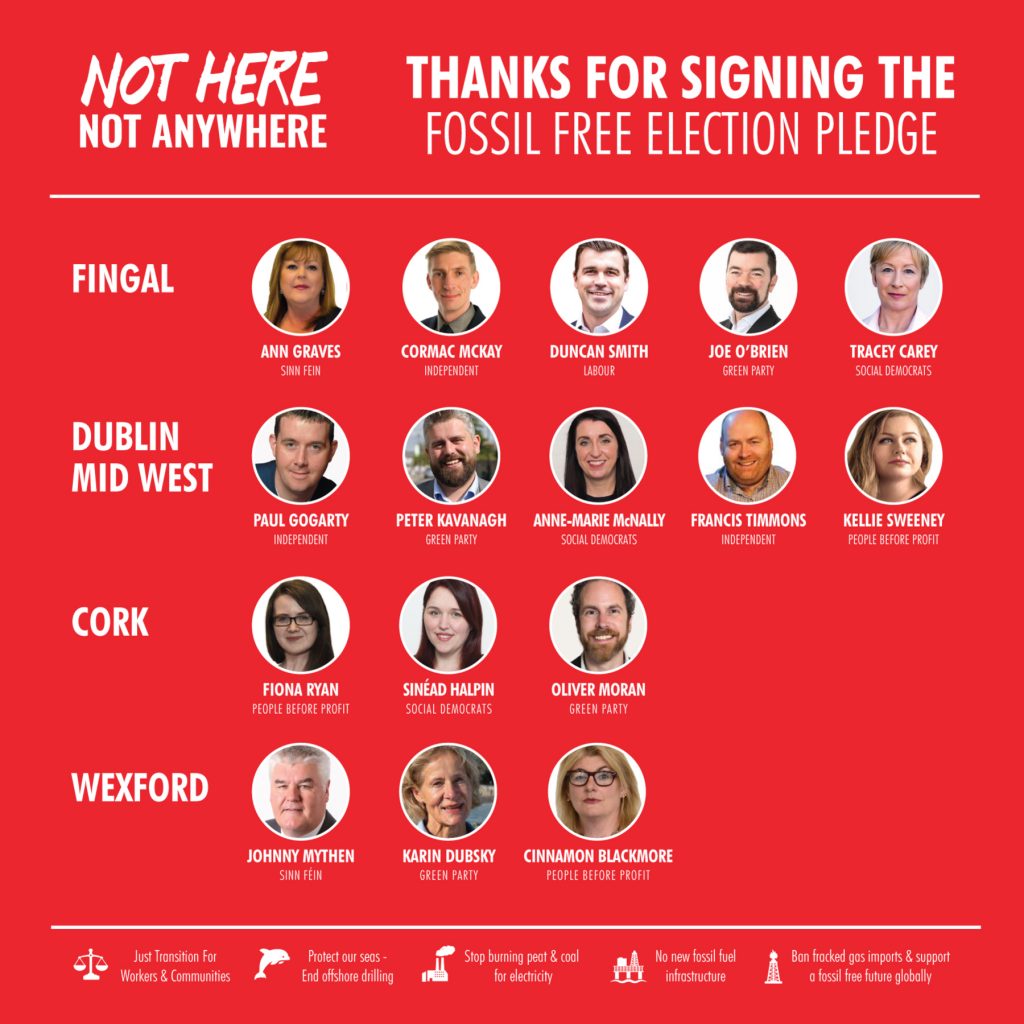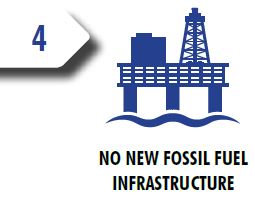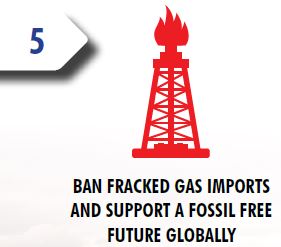UPDATE: If you’re voting in the bye elections tomorrow, here are the candidates who signed the Fossil Free Election Pledge!

| Bye Election Constituency | Candidate Name | Political Party |
| Cork North-Central | Oliver Moran | Green Party |
| Cork North-Central | Fiona Ryan | Solidarity–People Before Profit |
| Cork North-Central | Sinéad Halpin | Social Democrats |
| Dublin Fingal | Cormac McKay | Independent |
| Dublin Fingal | Joe O’Brien | Green Party |
| Dublin Fingal | Ann Graves | Sinn Féin |
| Dublin Fingal | Duncan Smith | Labour Party |
| Dublin Fingal | Tracey Carey | Social Democrats |
| Dublin Mid-West | Kellie Sweeney | Solidarity–People Before Profit |
| Dublin Mid-West | Cllr Francis Timmons | Independent |
| Dublin Mid-West | Anne-Marie McNally | Social Democrats |
| Dublin Mid-West | Peter Kavanagh | Green Party |
| Dublin Mid-West | Paul Gogarty | Independent |
| Dublin Mid-West | Mark Ward | Sinn Féin |
| Wexford | Cinnamon Blackmore | Solidarity–People Before Profit |
| Wexford | Karin Dubsky | Green Party |
| Wexford | Johnny Mythen | Sinn Féin |
Fossil fuels are the leading cause of climate breakdown. Making Ireland a leader in climate action means urgently committing to and achieving a Fossil Free Future. To maintain global temperatures at less than 1.5°C above pre-industrial levels and avoid the most severe impacts of a changing climate, 80% of the known fossil fuels must stay in the ground. We must not pursue any further fossil fuel exploration nor construct any new fossil fuel infrastructure.
We call for prospective democratic representatives of the Irish people to commit to a fossil free future by supporting the following five principles.

It is essential to ensure that the just and sustainable transition to a 100% renewable energy supply is clean, affordable, supports community ownership and does not lead to energy poverty.
High-quality jobs must be created which offer family-sustaining wages and benefits and hire local workers. No communities should be left behind, with the benefits of a just transition shared by all. Globally, millions of additional energy-sector jobs can be created under a 1.5C scenario. Irish semi-state bodies should be mandated
to become leaders in the transition to renewables, providing thousands of well-paid high-quality jobs.
Electricity suppliers should be required to provide a payment for electricity exported to the grid from domestic micro-generators and local people and community groups should be offered at least a 30% share of the ownership
of new renewable energy projects and greater public participation.
Through greater support for community ownership and public participation, communities can be supported to generate their own energy and also be actively involved in the decision-making processes. Communities transitioning from carbon-intensive industries should receive priority public support for their own clean energy projects.

Offshore drilling for oil and gas, which is ongoing off the Southwest coast of Ireland, damages marine health and produces toxic chemicals that accumulate in the seafood supply, threatening Ireland’s tourism and seafood industries, which together employ over 230,000 people.
Reliance on fossil fuels will not provide energy security; the best way to address both Irish energy security and the need for rapid decarbonisation is to constrain and reduce energy consumption and to exit from the use of all fossil fuels, as quickly as is safely feasible.

We must stop burning peat, coal and unsustainable biomass for electricity and ensure that workers in carbon-intensive industries have new, quality employment and training opportunities in ecologically sound, low-carbon sectors.
Furthermore, end all peat mining (including for horticulture) due to its impact on carbon emissions and biodiversity, with a just transition for workers and due regard for Turbary Rights.

To have a 64% chance of limiting temperature rise to less than 1.5C, there must be no new fossil fuel infrastructure from 2019 onwards.
Constructing new gas infrastructure such as Liquefied Natural Gas (LNG) plants, extending the domestic gas grid or enabling Ireland to export gas for the first time is counterproductive to the transition to renewable energy. Continued investment in gas will result in fossil fuel “lock-in”, where resources which could be invested in renewable energy are instead invested in unsustainable fossil energy.
Ireland can follow the lead of progressive cities and counties in the US which have banned the construction of new fossil fuel infrastructure. Furthermore, energy-intensive new infrastructure such as data centres must be assessed for long-term and full life-cycle climate impact prior to the granting of planning permission, and if developed, powered by directly-sourced renewable energy generation.

Climate change knows no borders. We must withdraw any Irish semi-state or state involvement in fossil fuel projects outside of Ireland, including ESB financing of coal plants in the Philippines.
Ireland banned fracking in 2016 due to health and environmental impacts; we should ban the importation fracked gas from abroad and support the global movement for a fossil free future. In addition, political parties in the Republic of Ireland must use their influence to support a ban on fracking in Northern Ireland.
The new iron law of energy development and generation must be: if you wouldn’t want it in your backyard, then it doesn’t belong in anyone’s backyard; there can be no more sacrifice zones in any energy generation. Ireland can maintain its record as a world leader in overseas development aid by supporting the development
of affordable, sustainable renewable energy systems in developing countries.
Pledge Co-sponsors
An Taisce Climate Committee
Cork Climate Action
Extinction Rebellion Ireland
Futureproof Clare
Friends of the Earth Ireland
Gluaiseacht for Global Justice
Good Energies Alliance Ireland
The Dublin Ecofeminists
The Jesuit Centre for Faith and Justice
Young Friends of the Earth
